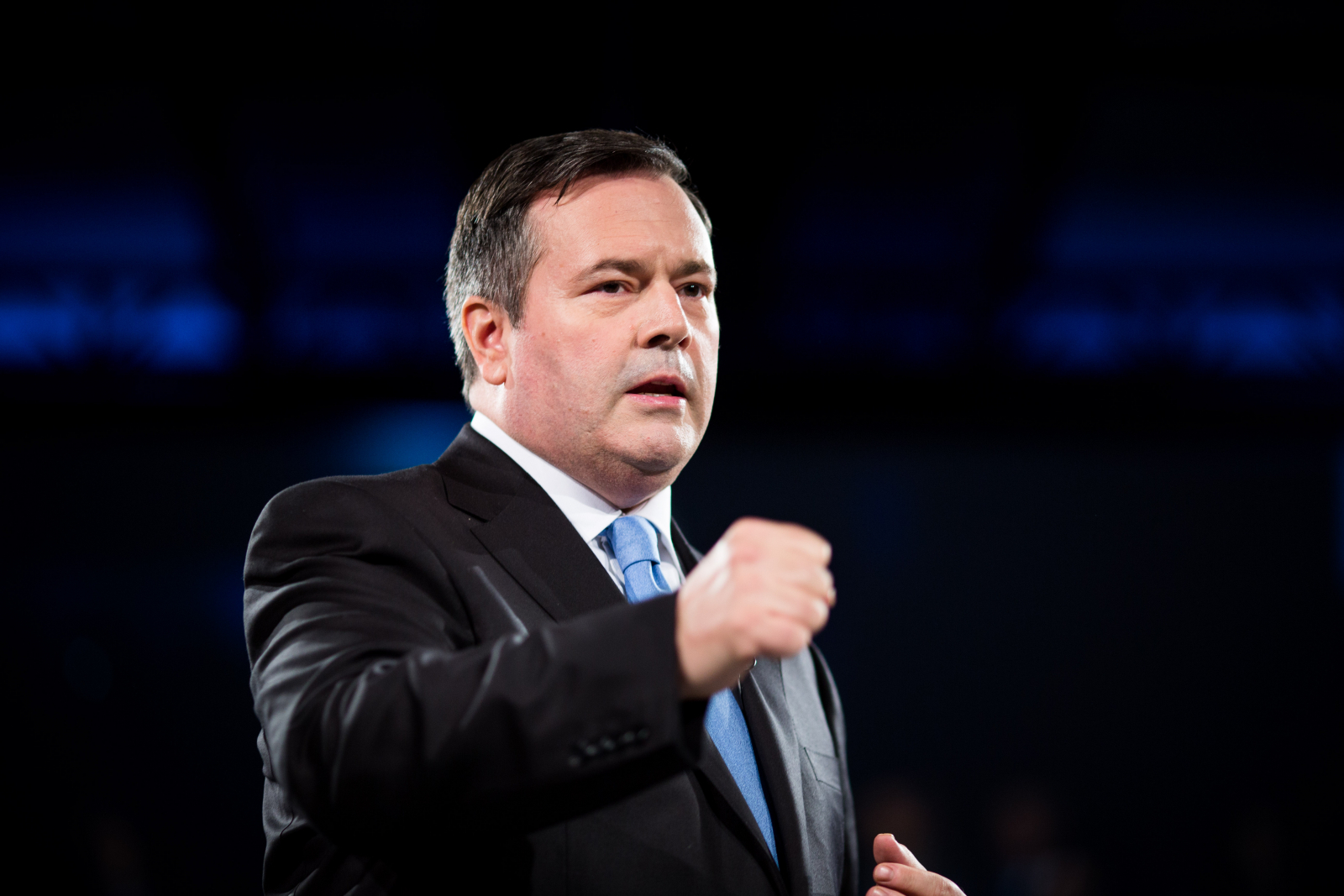“The kneecapping of the University of Alberta at this time in Alberta’s history is the kneecapping of a generation — a generation in the midst of climate crisis and desperately in need of all of the resources a great university can offer it.”
There’s little ambiguity about how Carolyn Sale, an associate professor of English and film studies at the University of Alberta, feels about the provincial budget released last week under the leadership of Premier Jason Kenney’s United Conservative Party.
Sale wrote those words on the blog she runs with contributions from some of her colleagues at the school. When reached for an interview, she said she wanted people to be aware of what the unseen cost of provincial budget cuts would be.
Last Thursday as the provincial budget was released, revealing the U of A would lose out on $44.4 million in provincial grant funding this fiscal year, as well as a one-time reduction to $0 of the university’s infrastructure maintenance program, which was $35 million last year, according to U of A President David Turpin.
The grant funding cut is a 6.9 per cent decrease for U of A. The University of Calgary shares the same percentage drop in funding year over year, amounting to $32.9 million. Overall, the cut across schools, which wasn’t divvied up equally, resulted in five per cent being cut from provincial funding, totalling $117.6 million.
“We're not only educating the next generation, (we are) driving forward social innovation,” Sale said. “So at this moment in Alberta's history, this moment is the worst possible moment for any government to decide, ‘We can't invest in that.’ Right? What are they doing?”
The Alberta government has defended these funding changes in the budget document by explaining that spending per student in Alberta is higher than in many other provinces, and tuition is lower. So the provincial government, now controlled by the UCP, lifted the tuition freeze put in place by the previous government.
“If Alberta spent at the same rate per student as our neighbours in B.C., we would save over $700 million per year,” the budget reads. A point Alberta’s premier has continued to hit this week in public engagements: our spending is out of line with other provinces.
The budget also announced that, starting next year, the Alberta government would be following the advice of the panel report headed by former Saskatchewan finance minister Janice MacKinnon, and would be doling out provincial funds on a merit-based system. Details of what will constitute success in this type of system has yet to be disclosed. However, this move mirrors what has already been seen under Premier Doug Ford’s government in Ontario, and the metrics there have included items such as graduate earnings.
These changes will have institutions chasing easier revenue streams, says Alex Usher, president of Higher Education Strategy Associates, a post-secondary consulting firm. Usher expects that will mean increases in the number of international students, who pay higher tuition rates.
However, tuition will also be going up at Alberta institutions by roughly seven per cent a year.
“So the hike that we’re talking about is probably about $1,200 over three years,” Usher said. “And if you're a low-income student, $1,200 is about what (Prime Minister) Justin Trudeau promised he would raise your grant by in the last election... So the Alberta government has basically found a way to get in between the federal government and students and snatch that money.”
Universities weren’t the only institutions hit by the cuts. Colleges across the province are also seeing grant cuts between one and eight per cent. This, at a time when many Albertans are seeking to retrain to move away from jobs in Alberta’s oil and gas sector.
Sale says the University of Alberta still hasn’t recovered from the last time the school underwent cuts like this in 2013, as hiring freezes have meant many positions have gone unfilled. But even more than that, she worries about the direction schools will take to try and make sure they are on the receiving end of the funds that remain at play.
“When a government so actively intervenes into the post-secondary sector by depriving us of funding, sadly, you get this change in research agendas. So there will be a whole lot of research that simply can't be done because the funding isn't there to support it, right? But then, you know, you'll get the sort of conservative retraction around things that the government will be pleased to see happen.”
If Alberta spent at the same
If Alberta spent at the same rate per student as our neighbours in B.C., we would save over $700 million per year,” So rather than setting an example to match BC’s better funding, Kenney happily slashes important programs; not surprising given his lack of experience with post-secondary.
Doug Ford’s only post-secondary experience was two months at Humber College. Jason Kenney’s was incompleted at the University of San Francisco, after his private secondary schooling by Jesuits. Has he ever had a job outside of politics??
Given that eleven out of Harper’s 37 ministers appeared to have no post-secondary education at all, or none they wanted to tell the world about, and they were put in charge of critical portfolios * — how many of his protégés are now actively involved in undermining Canada’s post-secondary education system?
• from the Tyee’s 13 December 2012 article Can’t Call Canada’s Conservatives Overeducated
If AB is so concerned about
If AB is so concerned about staying in line with other provinces, why not institute a sales tax?
Brain drain from Alberta.
Brain drain from Alberta. Once these kids are done university elsewhere, why would they even come back??



Comments